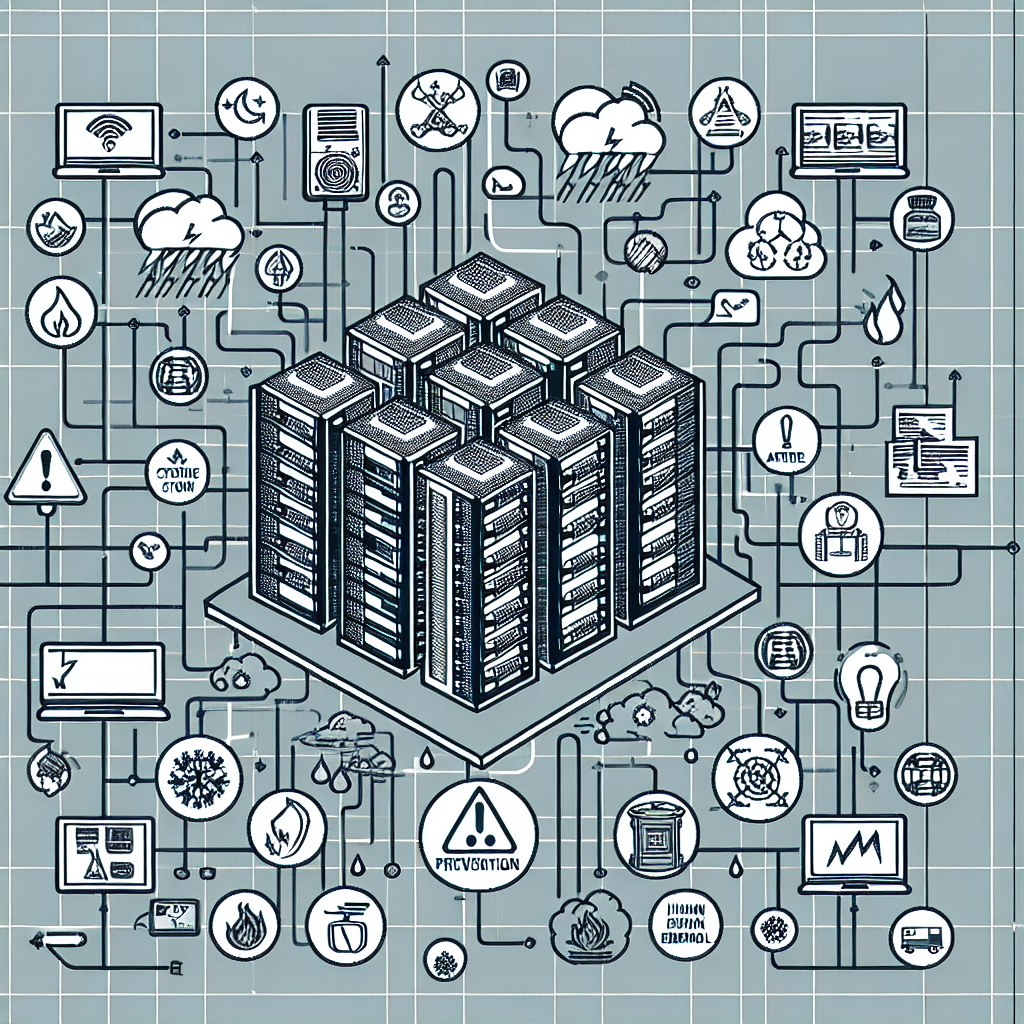Your cart is currently empty!
The Top Causes of Data Center Downtime and How to Prevent Them

Data centers are the backbone of modern businesses, housing critical IT infrastructure and storing vast amounts of data. However, despite their importance, data centers are not immune to downtime. In fact, even a few minutes of downtime can have serious consequences, leading to lost revenue, damaged reputation, and decreased productivity. Understanding the top causes of data center downtime is essential for preventing it and ensuring business continuity.
1. Power Outages: Power outages are one of the most common causes of data center downtime. Whether due to grid failures, equipment malfunctions, or human error, a loss of power can bring operations to a halt. To prevent power outages, data centers should have redundant power sources, such as backup generators and uninterruptible power supplies (UPS), in place.
2. Cooling System Failures: Data centers generate a significant amount of heat, and cooling systems are essential for maintaining optimal operating temperatures. If a cooling system fails, servers can overheat, leading to downtime. Regular maintenance and monitoring of cooling systems can help prevent failures and ensure efficient operation.
3. Hardware Failures: Hardware failures, such as faulty hard drives, power supplies, or networking equipment, can cause data center downtime. To prevent hardware failures, data centers should invest in high-quality equipment, perform regular maintenance, and have spare parts on hand for quick replacements.
4. Human Error: Mistakes made by data center staff, such as misconfigurations, accidental deletions, or physical damage, can lead to downtime. Training employees on best practices, implementing strict change management procedures, and conducting regular audits can help reduce the risk of human error.
5. Security Breaches: Cyberattacks, ransomware, and other security breaches can compromise data center operations and lead to downtime. Implementing robust security measures, such as firewalls, encryption, and intrusion detection systems, can help prevent breaches and protect sensitive data.
6. Natural Disasters: Natural disasters, such as earthquakes, hurricanes, floods, or wildfires, can cause extensive damage to data centers and disrupt operations. To mitigate the risk of natural disasters, data centers should have disaster recovery plans in place, including offsite backups and alternate data center locations.
In conclusion, data center downtime can have serious consequences for businesses, making it essential to understand the top causes and take proactive steps to prevent them. By investing in redundancy, regular maintenance, employee training, security measures, and disaster recovery planning, data centers can minimize the risk of downtime and ensure uninterrupted operations. Remember, prevention is always better than cure when it comes to data center downtime.

Leave a Reply